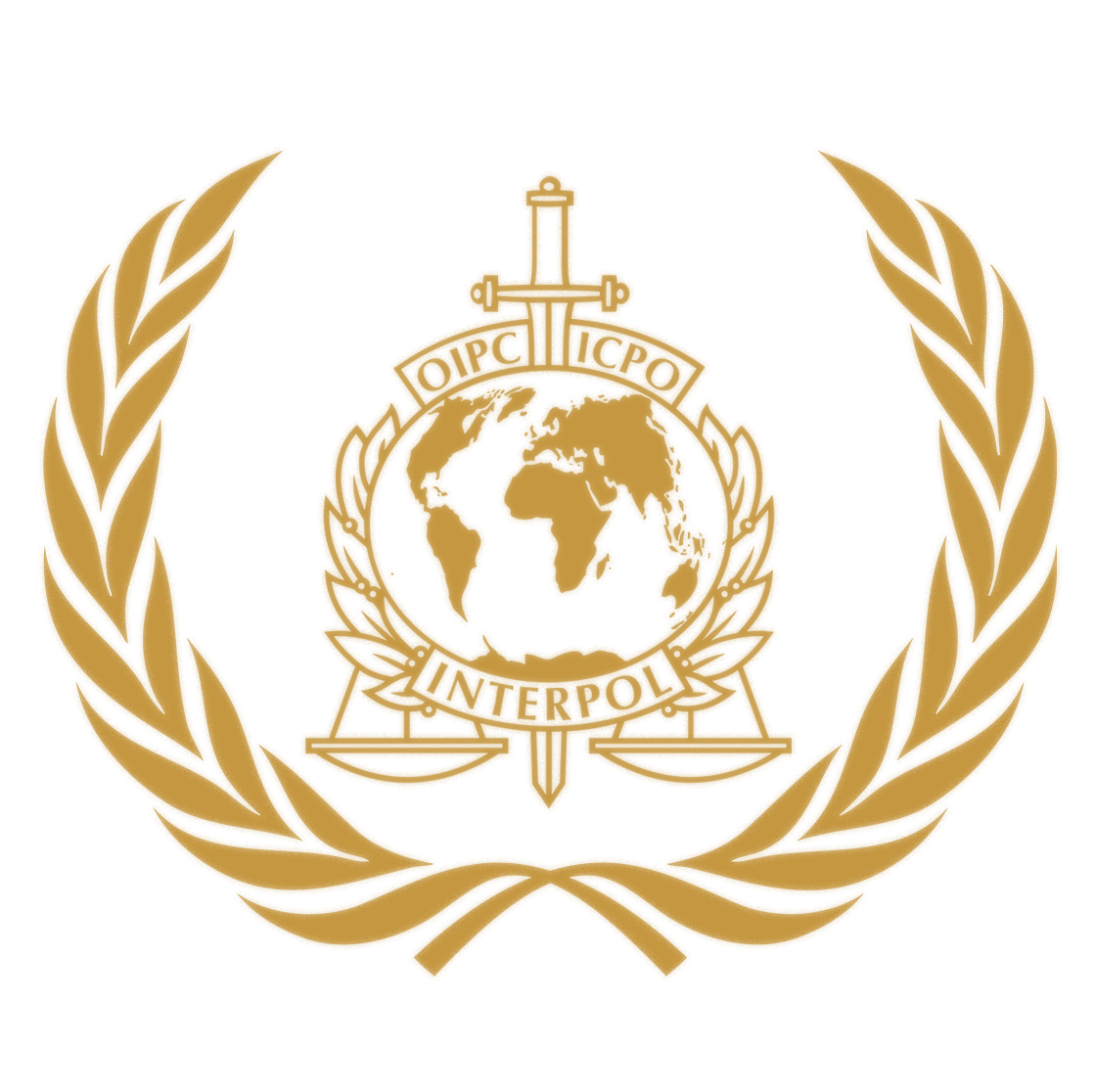
INTERPOL
The International Criminal Police Organization
AGENDA
Discussing and deliberating solutions to the newfound problem of 5th generation warfare
“The nation is burdened with the heavy curse on those who come afterwards. The
generation before us was inspired by activism and a naive enthusiasm, which we
cannot rekindle, because we confront tasks of a different kind from those which
our fathers faced.” ~ Max Weber
Interpol was set up as a policing organisation with global jurisdiction in 1914, with
the aim of working together with law enforcement agencies across the world to
prevent and solve crime. Fast forward a century later and no one could have ever
predicted the advances in technology, let alone policing technology. This has also
brought along the threat of fifth-generation warfare. This can be conducted
through multiple means, such as social engineering, misinformation, cyberattacks,
etc. While the earlier generations of warfare relied on the might of military, speed,
stealth, and surprise, in this modern warfare the lines between war and politics,
military and civilian are blurred, leaving the world as a constant warzone.
The burgeoning digitalization of the world only intensifies the threat of 5th
generation warfare. Whether it is a gas pipeline shutdown or a sensitive data
hack, one can only imagine the damage a belligerent nation with the latest
technology can inflict upon the world. Where patience is vital and time is the most
valuable armour, do you, delegates, have what it takes to engage in a ‘war of
perceptions?’ When the stakes are high and the focus is on shaping perceptions
rather than strengthening defence, can you defy the threats posed by identity
politics, misinformation and the rise of insurgencies to emerge victorious?
EXECUTIVE BOARD

Chiraag Mehta
Co - Chairperson



